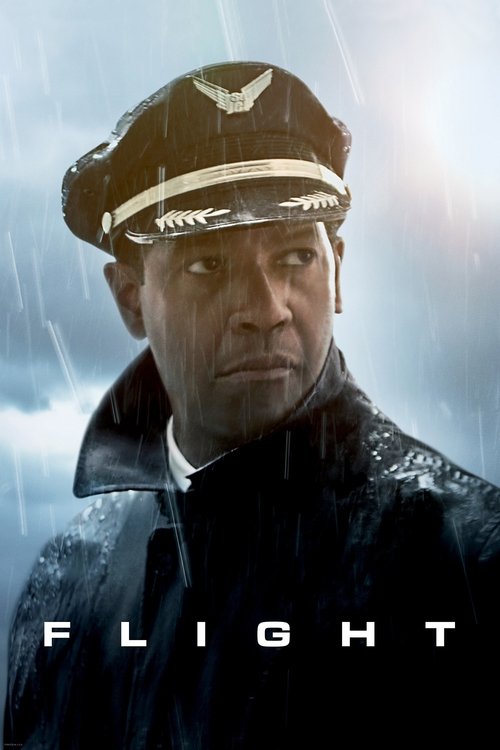
Title: Flight
Year: 2012
Director: Robert Zemeckis
Writer: John Gatins
Cast: Denzel Washington (Whip Whitaker), Don Cheadle (Hugh Lang), Kelly Reilly (Nicole), John Goodman (Harling Mays), Bruce Greenwood (Charlie Anderson),
Runtime: 138 min.
Synopsis: Commercial airline pilot Whip Whitaker has a problem with drugs and alcohol, though so far he's managed to complete his flights safely. His luck runs out when a disastrous mechanical malfunction sends his plane hurtling toward the ground. Whip pulls off a miraculous crash-landing that results in only six lives lost. Shaken to the core, Whip vows to get sober -- but when the crash investigation exposes his addiction, he finds himself in an even worse situation.
Rating: 6.843/10